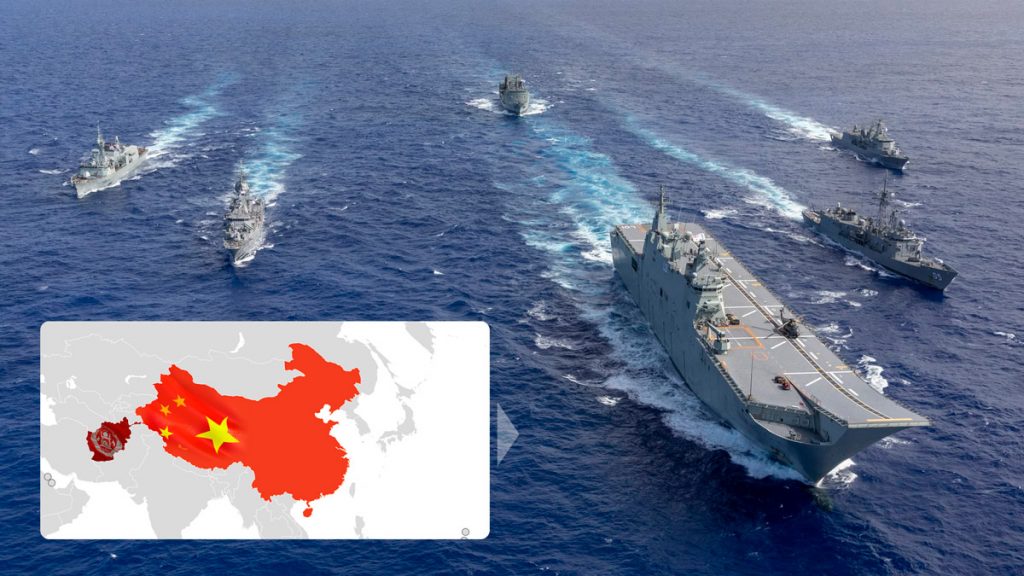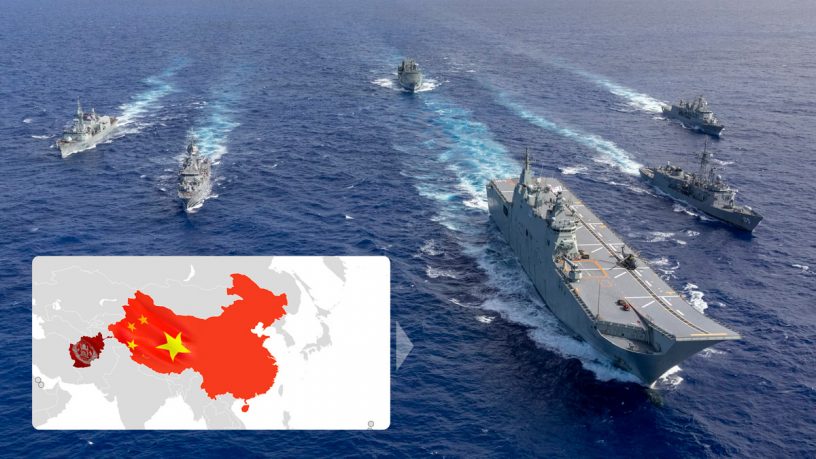
Authors:
Manoj Kumar Panigrahi, Assistant Professor, Jindal School of International Affairs, O.P. Jindal Global University, Sonipat, Haryana, India.
Summary:
With the current situation in Afghanistan unfolding faster than one can blink an eye, many have speculated that the Taliban’s seeming victory will be a confidence booster to multiple separatist and terror groups around the world, most notably to Southeast Asia and South Asia.1
Yet, there has been conjecture that with the Taliban assuming governance of Afghanistan, China, and Russia will be among the countries to gain the most. The Taliban issued a statement that China has a significant role to play in the new Afghanistan.2 With China’s “economy first” and no-holds-barred diplomacy, it is not surprising to see the two sides warming up to each other. In the past, Beijing has shown China’s ability to support political takeovers, irrespective of the type of government formed at the capital. For example, Myanmar, Thailand, and now Afghanistan.3
However, the sudden withdrawal of American forces from Afghanistan begs the question of whether China can gain an advantage in the post-war environment? If yes, then what advantages can Beijing realize? Add, if no, what challenges will China’s efforts face and how will Beijing’s policies in Central Asia affect other issues it needs to address, especially those relating to cross-strait relations? And for the United States, will working with like-minded allies in the Indo-Pacific prove an effective way to deter China? Moreover, does New Delhi’s recent talks with the Taliban indicate that latter does not want to rely on only one benefactor?
Published in: Air University
To read the full article, please click here


